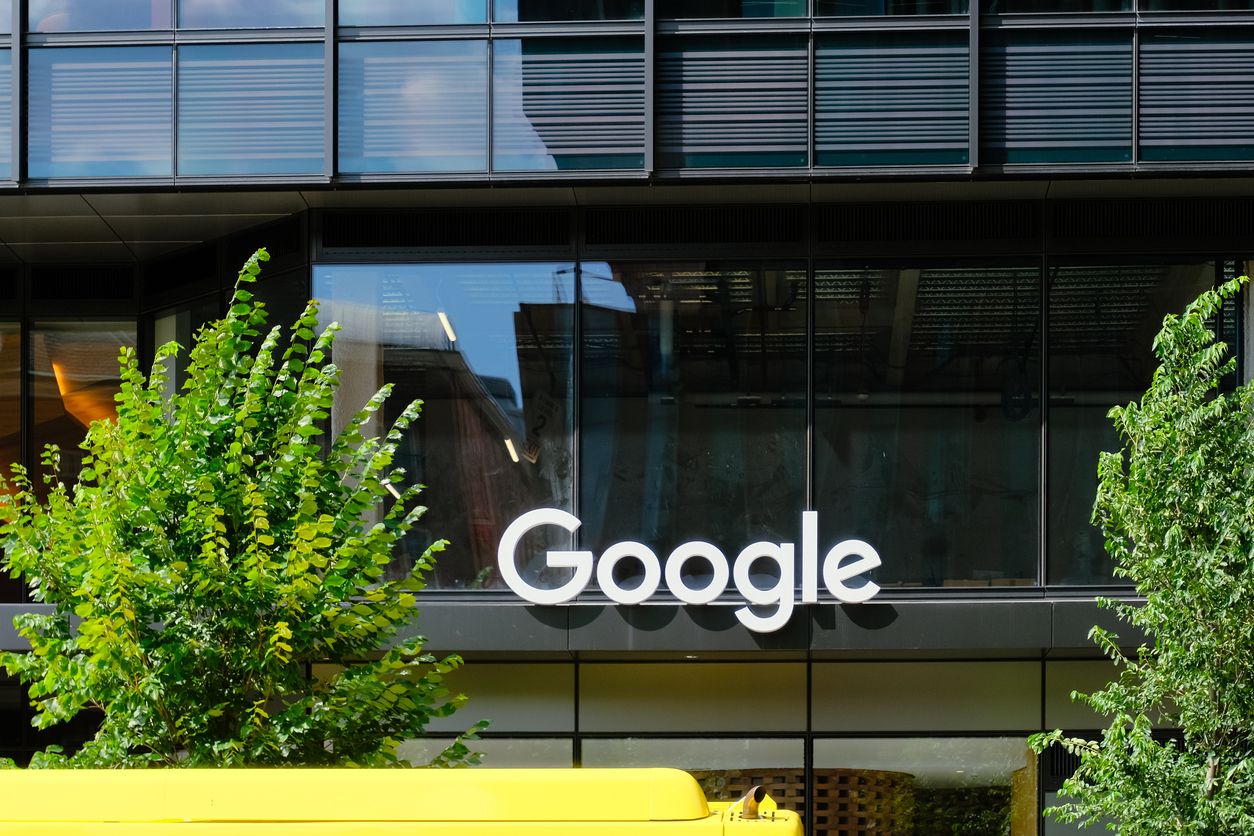Anthropic's new Model Context Protocol enables a standardized connection of external services to language models for the first time - and could transform the entire industry.
The central weakness of today's AI systems
Modern language models such as GPT-4o or Claude achieve impressive things, but they come up against a fundamental limit: as complex mathematical functions, they cannot interact with the outside world on their own. This isolation considerably limits their possible applications.
MCP creates open standards for AI integration
The Model Context Protocol (MCP) addresses this problem by providing an open, standardized approach for connecting external tools to AI models. In contrast to proprietary solutions such as OpenAI's "Function Calling", MCP creates a vendor-independent alternative that is accessible to all AI models and services.
Distribution of roles in the MCP ecosystem
The protocol defines three main actors:
- Model: The actual AI (GPT-4o, Claude etc.)
- MCP server: External services that provide functions or data
- Host/MCP client: Connects the model to the external services
Communication takes place via a standardized manifest that describes the capabilities of the MCP server and enables the host to make these available to the model as a context.
Plug-in architecture for AI systems
MCP establishes a modular architecture that enables AI models to access any external resources - from databases and email services to webcams and internet searches. Standardization promises to drastically simplify integrations, as developers only have to implement one interface.
Transformation potential for the entire AI landscape
The protocol could mark a turning point for the AI ecosystem. It eliminates the need for proprietary connections and enables a universal, modular AI working environment. Experts expect numerous server products to implement MCP as standard in the future - with far-reaching consequences for the entire industry.
Related articles
Current vacancies
Most read articles
Discover more topics
Our partners
Discover exclusive jobs nationwide with us at:


Discover exclusive jobs nationwide with us at:


Discover exclusive jobs nationwide with us at:


Discover exclusive jobs nationwide with us at:


Discover exclusive jobs nationwide with us at:


















